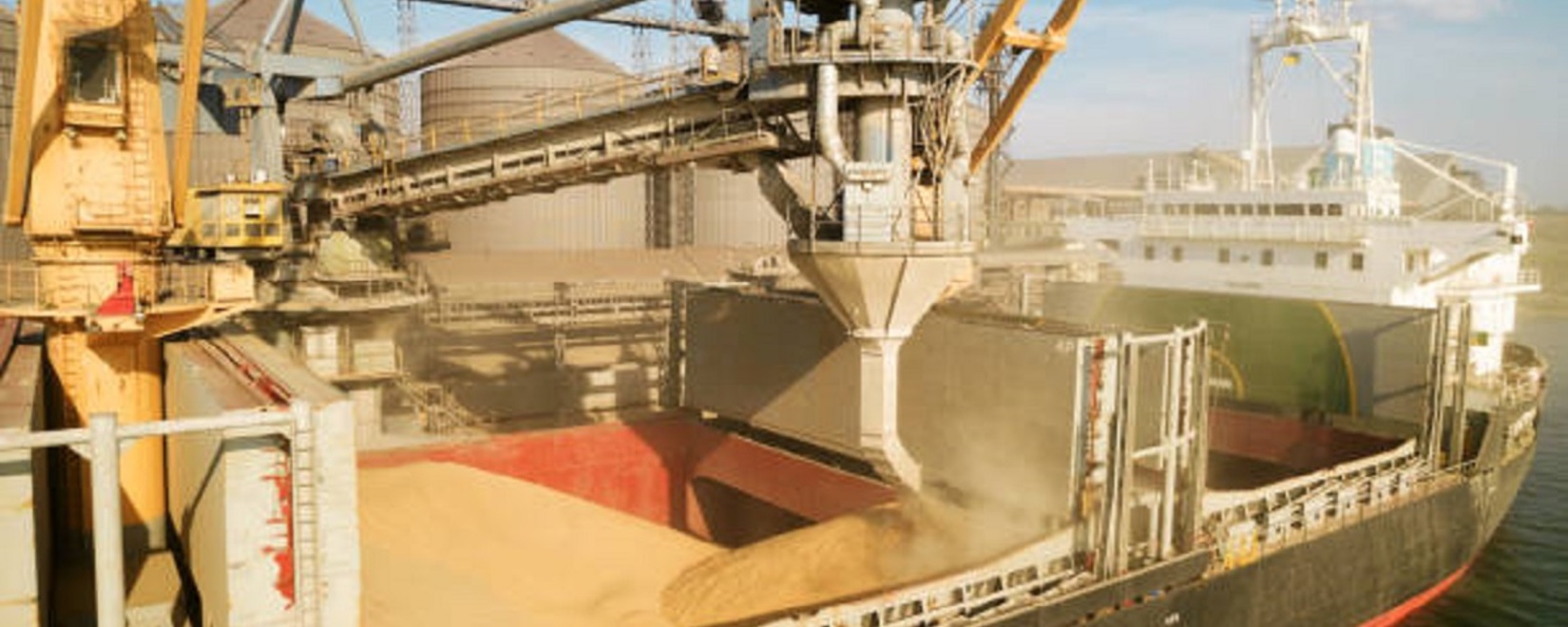The State Duma has put forward a proposal to build new grain terminals in the Far East and the Baltic region, and suggested that the government prioritize granting export quotas to small grain traders. This was reported by Sergey Lisovskiy, deputy chairman of the State Duma Committee on Competition Protection, as cited by the newspaper "Arguments and Facts."
The situation with grain exports to foreign markets poses a number of difficulties that significantly impact domestic farmers, noted the State Duma. During a roundtable discussion of the Committee on Competition Protection dedicated to food exports, some problems were identified.
Sergey Lisovskiy stated: "Half of the agricultural producers have excess unsold products, but small and medium-sized farmers cannot afford to store their grain in elevators."
It is also challenging to sell accumulated stocks. The deputy explained: "The distribution of tariff quotas for grain exports follows a historical principle, which doesn't allow new producers to access foreign markets."
As a result, only large grain traders have export quotas, enabling them to lower purchase prices for farmers. This leads to an oversupply of grain in the market and price reductions below the cost price," noted Sergey Lisovskiy.
This leads to a reduction in agricultural lands - in 2022 alone, the area of agricultural lands in Russia decreased by 45.3 thousand hectares.
"To address these issues and change the grain market situation, the State Duma proposed to the government to construct new grain terminals in the Far East and the Baltic region, as well as to provide additional export quotas for grain to small and medium businesses and not extend tariff quotas for the year 2024 and subsequent periods if there is no threat to food security," concluded Sergey Lisovskiy.

 Trading platform
Trading platform 
 Monitoring
Monitoring  Catalog
Catalog 
 Fork Work
Fork Work 
 Service
Service  News
News  Directory
Directory 
